| Sorted by date | |||
page188from Building Ideas
Althusser. Althusser had tried to redefine
ideology as solely a result of material practices, taking the opposite, “scientific”
view of Marx from that of the Frankfurt School, seeing him purely as a
materialist philosopher. Ideology, for Althusser, did not originate with ideas,
but rather at the level of inherited structures, like language, and this was to
a large extent due to the influence of structuralist thinking. This view had a
significant impact on the understanding of the human subject, who was reduced
to a transient “effect” of these pre-existing structures – as Barthes and
Derrida had already begun to suggest, the individual is always locked within
these various networks of representation.
It
was this “construction” of the subject through the action of larger forces that
attracted the interest of Foucault, who became obsessed with the study of
institutional practices and the surreptitious exercise of power. He was
determined to identify in the concrete evidence of history the “inscription” of
these impositions of power and he did this through the study of knowledge, as
well as institutions such as hospitals and prisons. This is how he described
his work, looking back on his career:
My
work has dealt with three modes of objectification which transform human beings
into subjects. The first is the modes of enquiry which try to give themselves
the status of sciences; for example, the objectivizing of the speaking subject
in grammaire générale, philology and linguistics
… In the second part of my work, I have studied the objectivizing of the
subject in what I call ‘dividing practices’. The subject is either divided
inside himself or divided from others… Examples are the mad and the sane, the
sick and the healthy, the criminals and the ‘good boys’. Finally, I have sought
to study … the way a human being turns him, or herself,, into a subject. For
example I have chosen the domain of sexuality – how men have learned to recognize
themselves as subjects of ‘sexuality’ … 20
Foucault takes great pains to
re-problematise these oppositions, to show how they are artificially
constructed to appear as “natural” principles
|
|||
|
|||
|
|
 ... ...
... ... ... ...
... ... ... ...
... ...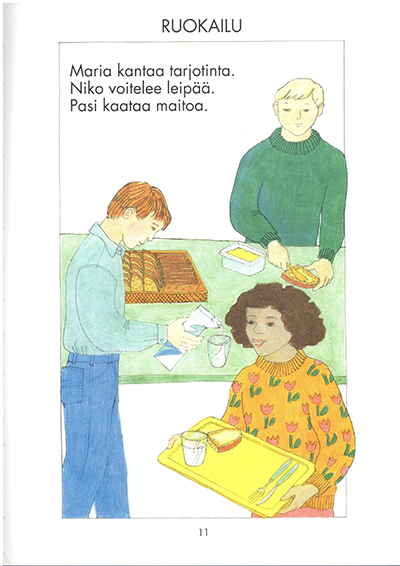 ... ...
... ...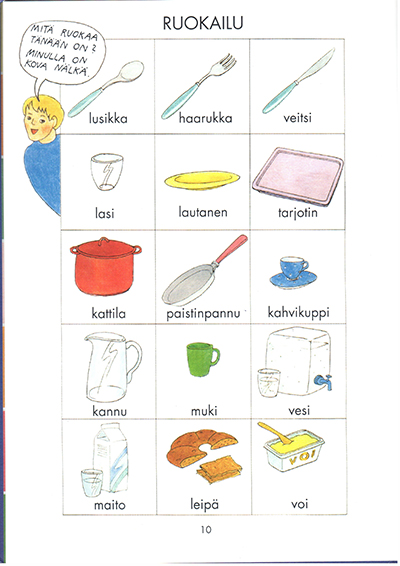 ... ...
... ...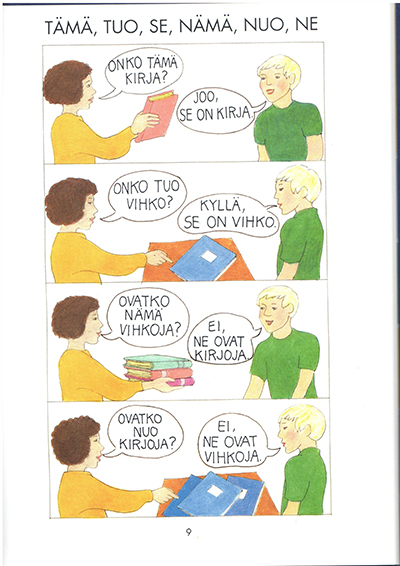 ... ...
... ...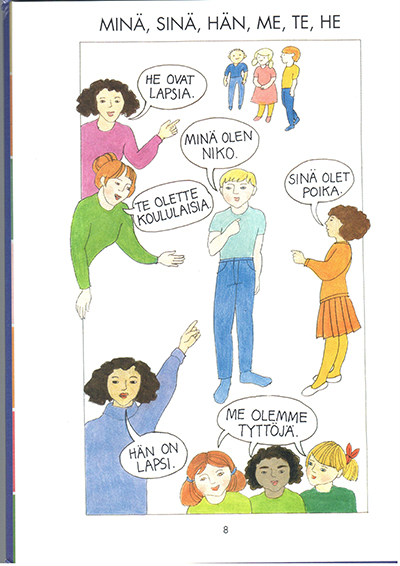 ... ...
... ...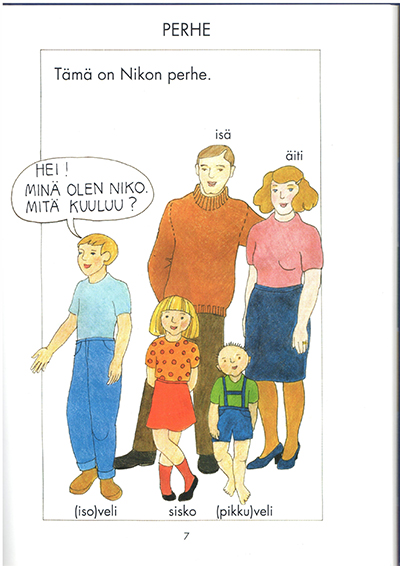 ... ...
... ... ... ...
... ...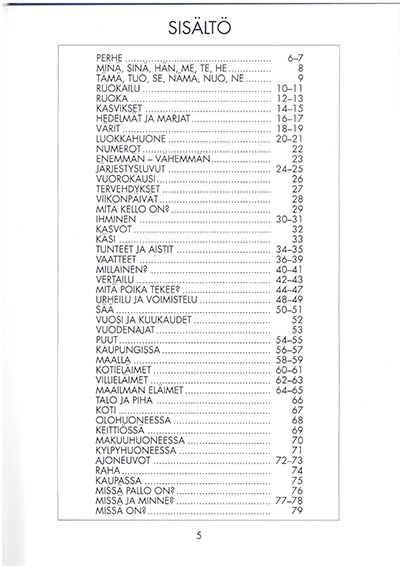 ... ...
... ... ... ...
... ... ... ...
... ...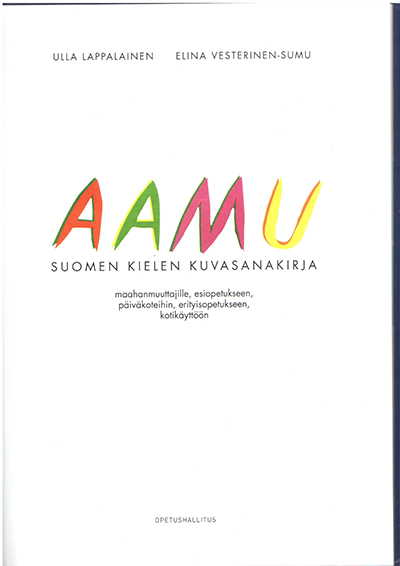 ... ...
... ...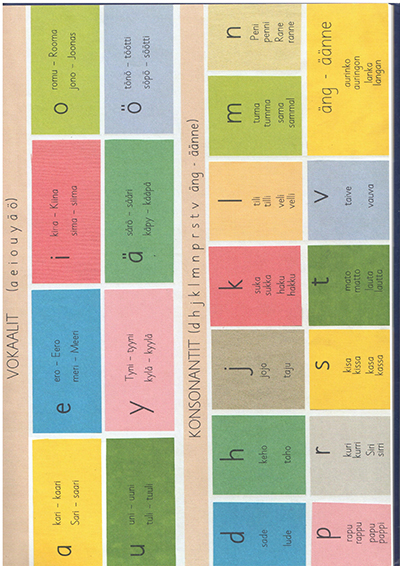 ... ...
... ...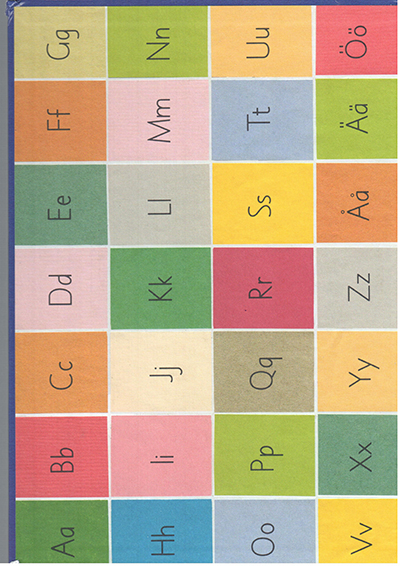 ... ...
... ...